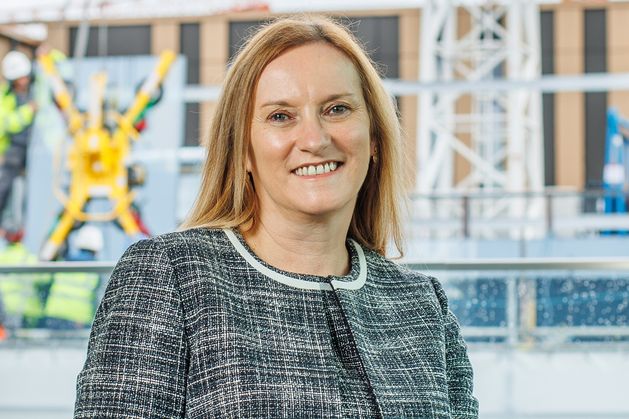This was more than double the €189m approved in the same period last year.
The agency, which was established six years ago by the government to lend to builders who had been turned down by banks, has now recorded total loan approvals of €2.1bn.
About two-thirds of these have been drawn down to date. Typically, HBFI expects a gap of between three and six months between a loan being approved and its first drawdown.
Individual loans range from €1m to more than €100m, with an average size of €13m. These loan facilities have an average term of 22 months.
At the end of June, HBFI says it had approved funding for 11,200 new homes in 162 developments across 23 counties.
More than 3,700 of these units funded by HBFI have already been sold.
A further 2,103 were either contracted for sale or were “sale agreed” at the end of June. The average development size is 69 units.
“We saw a doubling in our loan approvals in H1 2024 versus the same period in 2023,” HBFI chief executive Dara Deering said.
“An increase of this size reflects the really strong and sustained demand for new homes and the significant appetite among small, medium and large housebuilding companies to meet that demand if they can get the finance they need.”
Finance Minister Jack Chambers praised the launch of HBFI’s new Accelerate product, designed to complement finance offered by banks to make sure larger housing schemes are delivered.
“Through its broad product range, and agile business model, HBFI plays a key role in the Government’s strategy to accelerate the supply of new housing and meet the targets set out under the Housing for All plan,” Mr Chambers said.
HBFI was established under the Home Building Finance Ireland Act 2018 and began operations the following year.
It received an initial funding capacity of €730m, which was provided by the Ireland Strategic Investment Fund (ISIF). This is recycled as early loans are repaid, which then frees up the group’s capacity for new lending.
The agency was originally asked to fund the delivery of 7,500 homes over five years. Its remit was extended following a review by the Department of Finance last March, with the then minister, Michael McGrath, saying there was a consensus in the housing sector that the agency was playing a key role in providing access to finance for residential development that would otherwise not be available.
Ms Deering has said the HBFI’s role is to “plug that gap in the middle” between the Irish banks – which are still risk averse and typically pitch at about 60-65pc of loan to cost – and alternative lenders, who will take bigger risks but charge accordingly.

